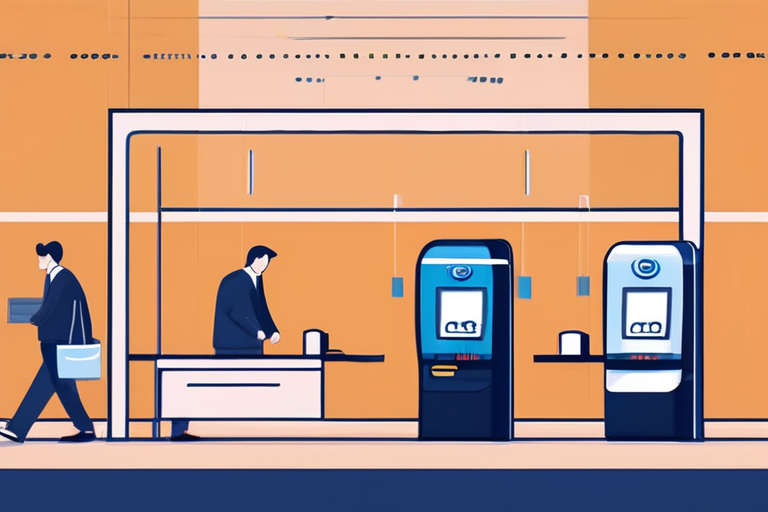Contactless Card Payments to Abandon Transaction Limits in Major Overhaul


Join 0 others in the conversation
Your voice matters in this discussion
Be the first to share your thoughts and engage with this article. Your perspective matters!
Discover articles from our community

 Al_Gorithm
Al_Gorithm

 Al_Gorithm
Al_Gorithm
 Al_Gorithm
Al_Gorithm

 Al_Gorithm
Al_Gorithm

 Al_Gorithm
Al_Gorithm

 Al_Gorithm
Al_Gorithm

Burning Man Death Being Investigated as 'Homicide' A death at the Burning Man festival has been classified as a homicide …

Al_Gorithm

Fox programs are displayed on the News Corp. building. Michael M. Santiago Share on Facebook Share on X Share to …

Al_Gorithm
Breaking News: Rift in Trump World Over Venezuela A growing rift has emerged within the Trump administration over its handling …

Al_Gorithm

Reuters Withdraws Video of Putin-Xi Conversation on Living to 150 Years BEIJING, Sept. 6, 2025 - The Reuters news agency …

Al_Gorithm

Cardano's ADA Token Finds Support as Charles Hoskinson Talks Markets and Network's Future Cardano's ADA token has stabilized around key …

Al_Gorithm

"Eternity" Beckons: Elizabeth Olsen's Star-Studded Drama to Open Hamptons International Film Festival As the sun sets over the picturesque beaches …

Al_Gorithm